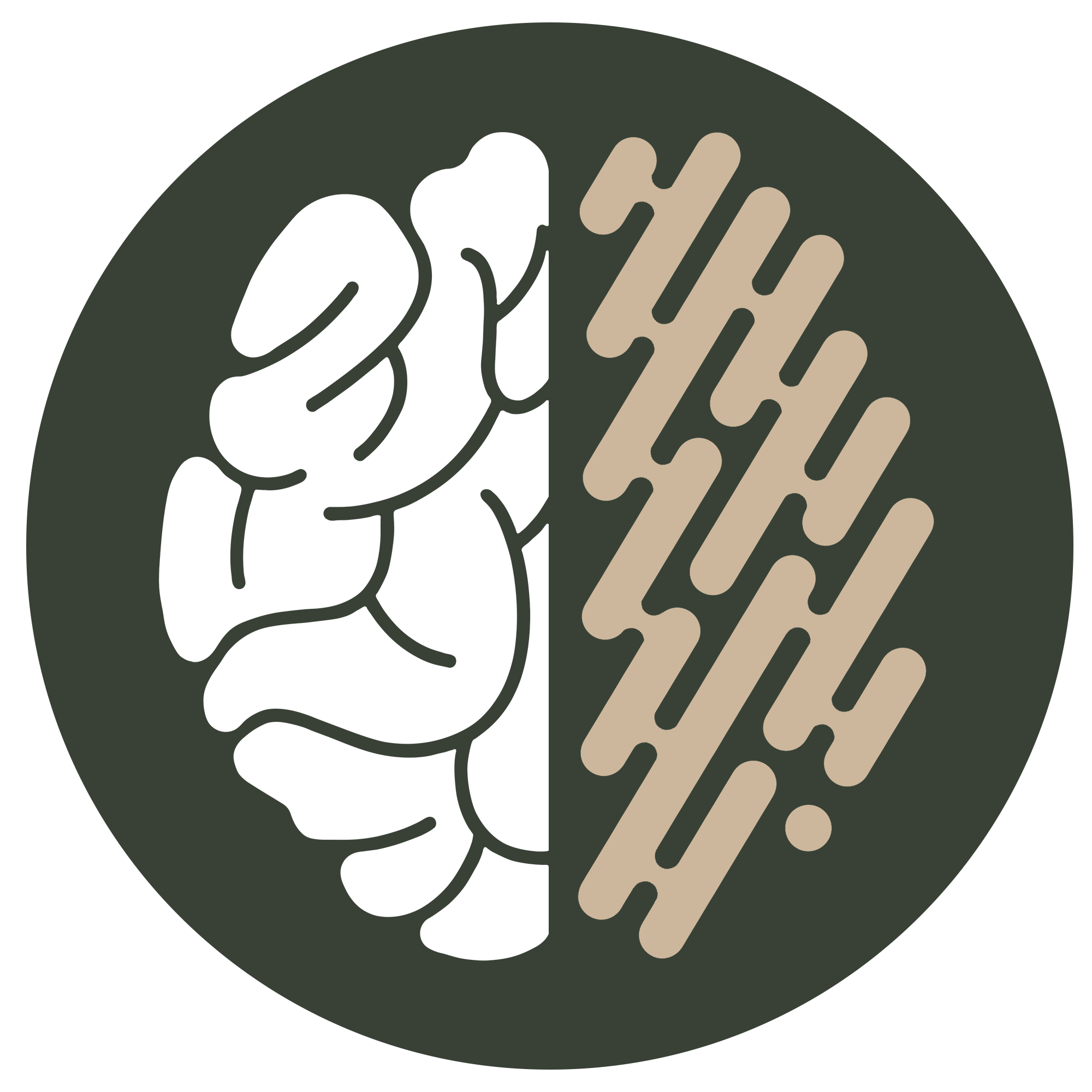Obsessive-Compulsive Disorder (OCD) is a common, chronic, and long-lasting disorder in which a person has uncontrollable, recurring thoughts (obsessions) and behaviours (compulsions) that they feel the urge to repeat over and over.
The causes of OCD are believed to be a combination of genetic, neurological, behavioural, cognitive, and environmental factors. Research suggests that abnormalities in certain areas of the brain may play a role, and family studies have indicated that genetics can contribute to the risk of the disorder.
Obsessions
are unwanted, intrusive thoughts, images, or urges that cause distress or anxiety.
Compulsions
are repetitive behaviours or mental acts that a person feels driven to perform in response to an obsession or according to rules that must be applied rigidly.
OCD compulsions are typically aimed at reducing anxiety or preventing a feared event or situation; however, they are not connected in a realistic way with the topic they have been designed to neutralise or prevent, or they are clearly excessive.
Myth:
Fact:
OCD is a complex disorder that involves more than just cleanliness and organisation. Obsessions and compulsions can focus on a variety of themes, such as fear of contamination, needing things to be symmetrical, or intrusive thoughts about harming oneself or others.
Myth:
“People with OCD could stop their behaviours if they really want to.”
Fact:
The behaviours associated with OCD are not a matter of choice and can be extremely difficult to stop. The compulsions are driven by intense anxiety and the urge to alleviate it, making them compulsive rather than voluntary.
OCD often co-occurs with other conditions, such as Autism (ASD), anxiety disorders, depression, eating disorders, and tic disorders.
Some of the more common symptoms of OCD include:

Intrusive, unwanted thoughts, images, or urges leading to distress or anxiety. Common intrusive thoughts associated with OCD include fear of contamination, unwanted sexual thoughts, religious or moral fears, and fear of harm.

Repetitive behaviours or mental acts that the person feels compelled to perform in response to an obsession or according to rigid rules. For individuals with OCD this may include excessive washing or cleaning, checking, checking again, triple checking, counting, orderliness, and needing to perform tasks in a specific way.

People with OCD usually recognise that their obsessions and compulsions are excessive and irrational. However they feel unable to control them.

The obsessions and compulsions cause significant distress and interfere with daily life for individuals with OCD, including work, school, and personal relationships.
Strengths & Talents Associated with OCD:
However, despite the challenges posed by OCD, individuals with the disorder can also exhibit unique strengths, including:
NHS UK Overview: Read More…



